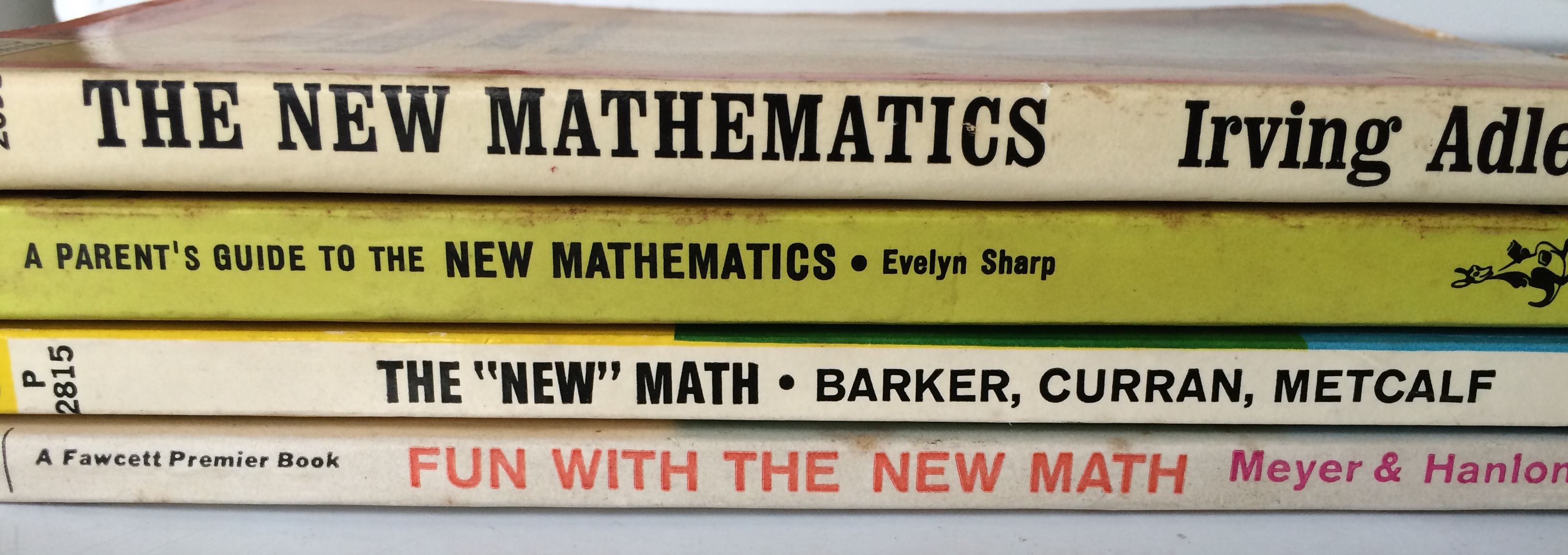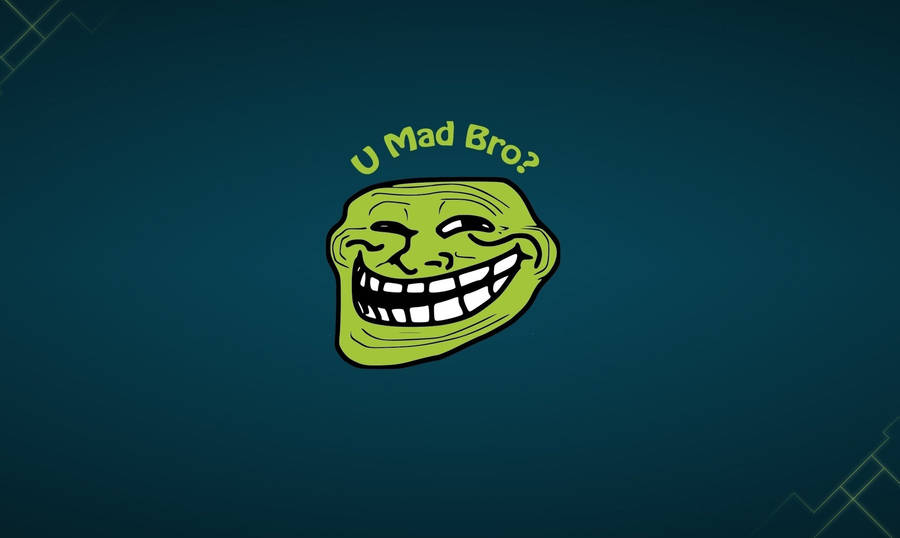Note to Self: The Secret to Making Video Games Good for you
Produced by WYNC studios
Cross posted at Gamefulpraxis.comQuite often gaming is looked at in a negative way so it is refreshing to hear research that frames gaming in a more positive way. This particular episode is an interview with Jane McGonigal a researcher at the Institute for the Future. Yes this is a real place and yes I want to go there!
Jane's research focuses on the neurochemical changes that happen when we are playing and how we can better understand how our brain works when we are playing. How can we "hack" this experience and apply it to our real lives in those moments when we need more resilience?
To quote Brian Sutton Smith, Developmental Psychologist and expert in play:
"the opposite of play isn't work, the opposite of play is depression"
McGonigal further unpacks this quote to state that when we are playing games the positive emotions that we experience such as; joy, wonder, excitement and success, are the opposite of the clinical diagnosis for depression. Woah! Well okay, that's a bold statement! But to give it even more credit, this is research based on which areas of the brain area stimulated/under-stimulated in both states!! Maybe video games really are the new self help! I'll be reaching for the iPad next time I'm feeling a little down... (my wondering here is if anyone has done research that measures shift in emotion when going from sad to playing games???)
Candy crush saga, Bejewelled, Solitaire... you know those games that you just play that don't seem to be of any value yet you spend hours playing while you take a break from reality? Are they actually valuable then?
Well, when we are able to stop thinking about things that are bothering us and take a break from reality we are incorporating techniques from both cognitive behavioural therapy and meditation. I interpret that as gaming as meditation, gaming as a healthy way of disassociating. I can hear your brain right now crafting an argument against this and that's cool because this is all sounding way too good right? McGonigal also did a meta-study of 500 pieces of research about gaming and wellness. Half of those found negative correlations, half positive. The key to positive outcomes was the ability to relate game play to reality in a meaningful way. If you were unable to do this games became an escape from reality, a downward spiral. Life gets worse, play more games = unhealthy outcomes.
Unfortunately this is the picture of gaming that is painted in the media, and is on the mind of parents of teenagers. That is not to say that this negative image doesn't exist, it's just really hard to break when you are someone like me trying to use games and game design in education in a positive way. McGonigal has found research that supports the idea that escapism games are okay for us in short bursts. They can even help us break habits like sneaky snacking (I am actually keen to try this one and am tempted to put a post it note on the packet of biscuits saying "play a game instead"). She also points out that self-regulation is optimal, play the game to help you but know when you've had enough. Choose the game and see what it does for you. Jane actually designed her own game to help her through a bad case of concussion.
Her advice to parents is also very poignant. Do not shame your children about the games that they play. Do not tell them they are wasting their time or that they should be doing something else. If we frame gaming negatively like that then we stop that relationship between gaming and reality that was mentioned earlier. They will think games are for escape and they will head down the negative path. Instead ask them: "what have you gotten better at since you started playing this game?" Be interested in what dispositions they can transfer into their real life. If a child can talk about these abstract ideas then they have made that link, if they are referring only to things that exist within the game then they need us to help them bridge that gap.
The last question that Jane McGonigal was asked in this interview related to games and addiction. Addiction as a "thing" is currently being challenged in the science world and the latest research is saying that addiction is a goal orientated action that gets stuck on one particular thing. With gaming the person needs to transfer those things that give them that "buzz" into other activities so that they don't get stuck with that one thing that gets them feeling like that. That makes me sense to me. Perhaps we need to be more aware of how we can shift children and teenagers especially towards other similar stimuli?
There are so many games out there that challenge people and build on skills needed in the real world. When you play online with and against your friends there are also many benefits. A good game has transferable skills. Games can be good for you but ultimately it is you, the player that needs to make decisions about what you play, why you play and how long you play for. Own your gaming and make it part of your life not an escape from it!














